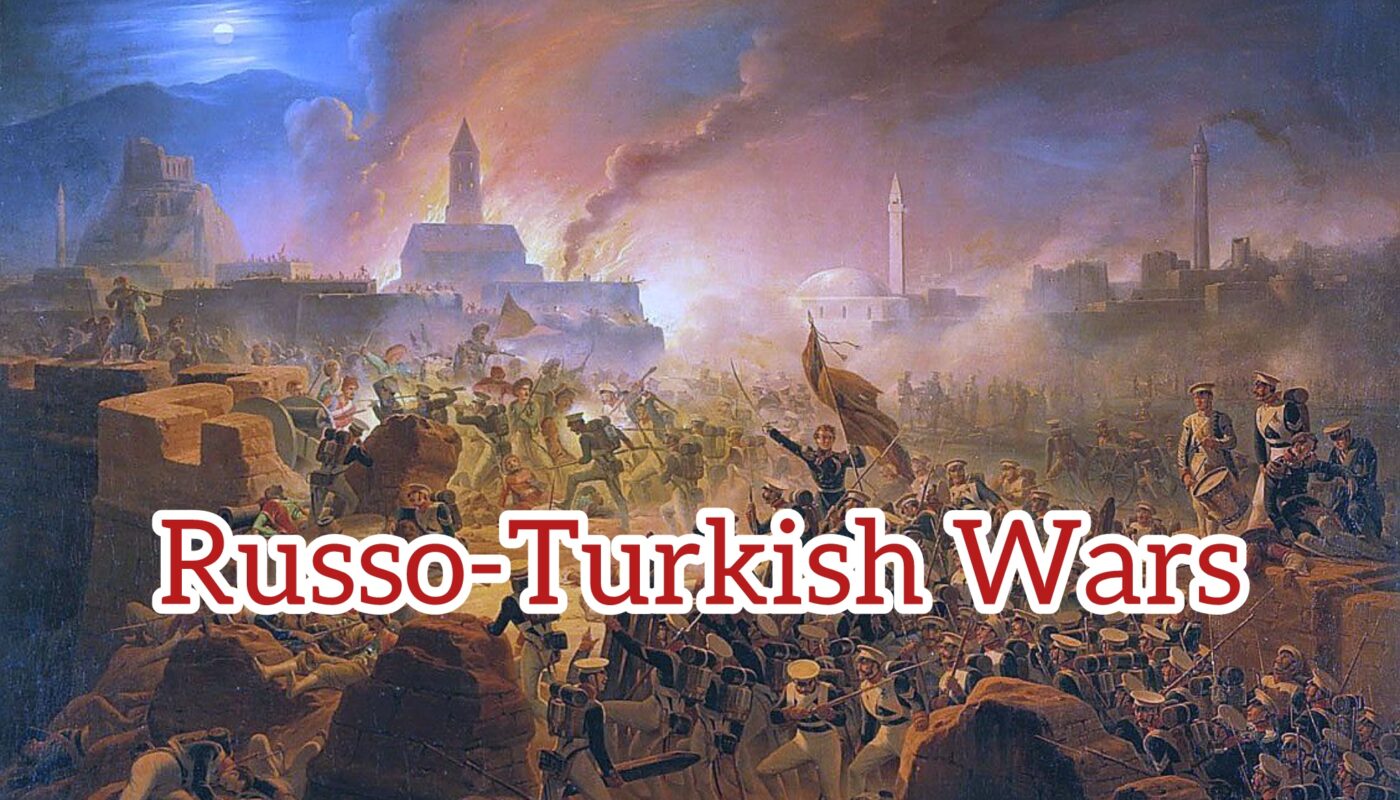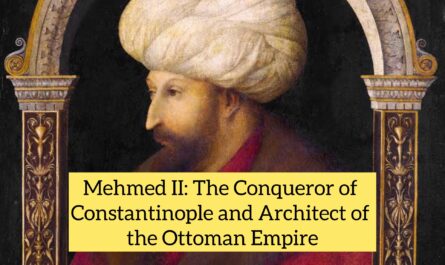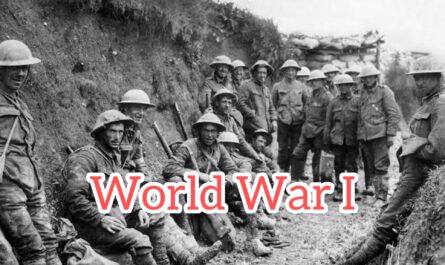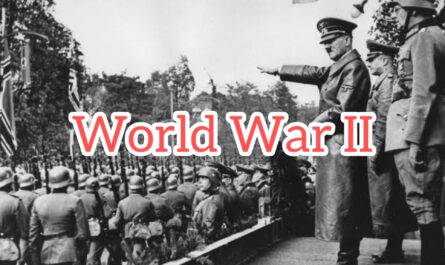Introduction
The Russo-Turkish Wars refer to a series of conflicts fought between the Russian Empire and the Ottoman Empire from the 16th to the 20th century. These wars—over a dozen in total—spanned more than 350 years and played a crucial role in shaping the geopolitical landscape of Eastern Europe, the Caucasus, and the Middle East. The rivalry between the two empires stemmed from strategic, religious, and territorial ambitions, especially over control of the Black Sea, the Balkans, and access to the Mediterranean.
Background and Origins
Religious and Strategic Rivalry
-
The Ottoman Empire, as the leading Sunni Islamic power, and the Russian Empire, the protector of Orthodox Christianity, often clashed over the fate of Christian populations in the Balkans.
-
Russia sought warm-water ports, especially on the Black Sea and the Mediterranean, while the Ottomans aimed to protect their territorial integrity and Islamic authority.
Geopolitical Tensions
-
Russia’s expansion southward collided with Ottoman control of key territories like Crimea, Bessarabia, Wallachia, and Serbia.
-
The power vacuum in Eastern Europe, especially as Ottoman control weakened, triggered frequent clashes.
Major Russo-Turkish Wars (Chronological Overview)
1. First Russo-Turkish War (1568–1570)
-
Cause: Ottoman attempt to expand influence into Astrakhan, a key trade center.
-
Outcome: Russian victory; Ottomans failed to take Astrakhan.
2. Russo-Turkish War (1676–1681)
-
Fought over control of the Right-bank Ukraine.
-
Treaty of Bakhchisarai ended the war with a 20-year truce.
3. Russo-Turkish War (1686–1700)
-
Part of the broader Great Turkish War; Russia joined the Holy League.
-
Treaty of Constantinople (1700): Russia gained Azov from the Ottomans.
4. Russo-Turkish War (1710–1711)
-
Resulted from the Ottomans harboring Charles XII of Sweden, who fled after losing to Peter the Great.
-
Ended with the Treaty of Pruth; Russia lost Azov.
5. Russo-Turkish War (1735–1739)
-
Russia sought access to the Black Sea and fought with Austria against the Ottomans.
-
Treaty of Belgrade (1739): Russia lost its Black Sea access temporarily.
6. Russo-Turkish War (1768–1774) – Pivotal Conflict
-
Sparked by uprisings in Poland and Ottoman fears of Russian interference.
-
Russia scored decisive victories; its navy triumphed at Chesme (1770).
-
Treaty of Küçük Kaynarca (1774):
-
Russia gained Crimea (later annexed in 1783).
-
Russia became protector of Orthodox Christians in Ottoman lands.
-
Gained right to navigate freely in the Black Sea and access the Mediterranean.
-
7. Russo-Turkish War (1787–1792)
-
Russia and Austria allied against the Ottomans.
-
Russia secured Ochakiv and strengthened control over the northern Black Sea.
-
Treaty of Jassy (1792): Russia’s southern border extended to the Dniester River.
8. Russo-Turkish War (1806–1812)
-
Fought during the Napoleonic Wars.
-
Russia defeated Ottoman forces in the Balkans.
-
Treaty of Bucharest (1812): Russia annexed Bessarabia.
9. Russo-Turkish War (1828–1829)
-
Triggered by the Greek War of Independence.
-
Russia invaded the Balkans and Caucasus, winning major battles.
-
Treaty of Adrianople (1829):
-
Recognized Russian gains in the Caucasus.
-
Secured Russian navigation rights through the Bosphorus and Dardanelles.
-
Ottomans acknowledged Greek independence.
-
10. Crimean War (1853–1856) – Although a broader war, core tensions were Russo-Turkish
-
Russia fought the Ottomans, Britain, France, and Sardinia.
-
Ended with Treaty of Paris (1856): Russia lost influence in the Black Sea; its fleet demilitarized.
11. Russo-Turkish War (1877–1878) – Most consequential and final major conflict
-
Prompted by Ottoman atrocities against Bulgarian Christians and Russian pan-Slavism.
-
Russia, with support from Balkan states, invaded Ottoman territories.
-
Key victories at Plevna, Shipka Pass, and Kars.
-
Treaty of San Stefano (1878):
-
Created a large autonomous Bulgaria.
-
Gave independence or autonomy to Serbia, Romania, and Montenegro.
-
Russia gained territories in the Caucasus.
-
-
Later revised by Treaty of Berlin (1878) to reduce Russian and Bulgarian gains, due to Western opposition.
Significance of the Russo-Turkish Wars
1. Decline of the Ottoman Empire
-
The wars accelerated the Ottoman Empire’s decline and loss of European territories.
-
Many Balkan states gained independence or autonomy.
2. Rise of Russian Power
-
Russia emerged as a major player in European politics.
-
Expanded its territory in the Black Sea, Caucasus, and Balkans.
3. Shifting Balance in Eastern Europe
-
Austria-Hungary and Britain intervened to curb Russian dominance.
-
Set the stage for future rivalries in the Balkans that would contribute to World War I.
4. Ethnic and Religious Tensions
-
Conflicts often inflamed ethnic tensions and led to population displacements and massacres.
-
Russia claimed to defend Orthodox Christians, but often pursued strategic interests.
Legacy
-
The long history of Russo-Turkish wars contributed to centuries of mutual distrust between Russia and Turkey.
-
Many regions affected by these wars—such as the Balkans and Caucasus—remain geopolitically sensitive today.
-
The conflict’s legacy lives on in modern Russian and Turkish foreign policy and their competing interests in areas like Syria, Ukraine, and the Black Sea region.
Conclusion
The Russo-Turkish Wars were more than military engagements; they were geopolitical struggles that shaped the modern histories of Europe, Russia, and the Middle East. These wars marked the waning power of the Ottoman Empire and the rise of Russia as a major Eurasian force, leaving a legacy of territorial, ethnic, and religious realignments that still echo in current international relations.



